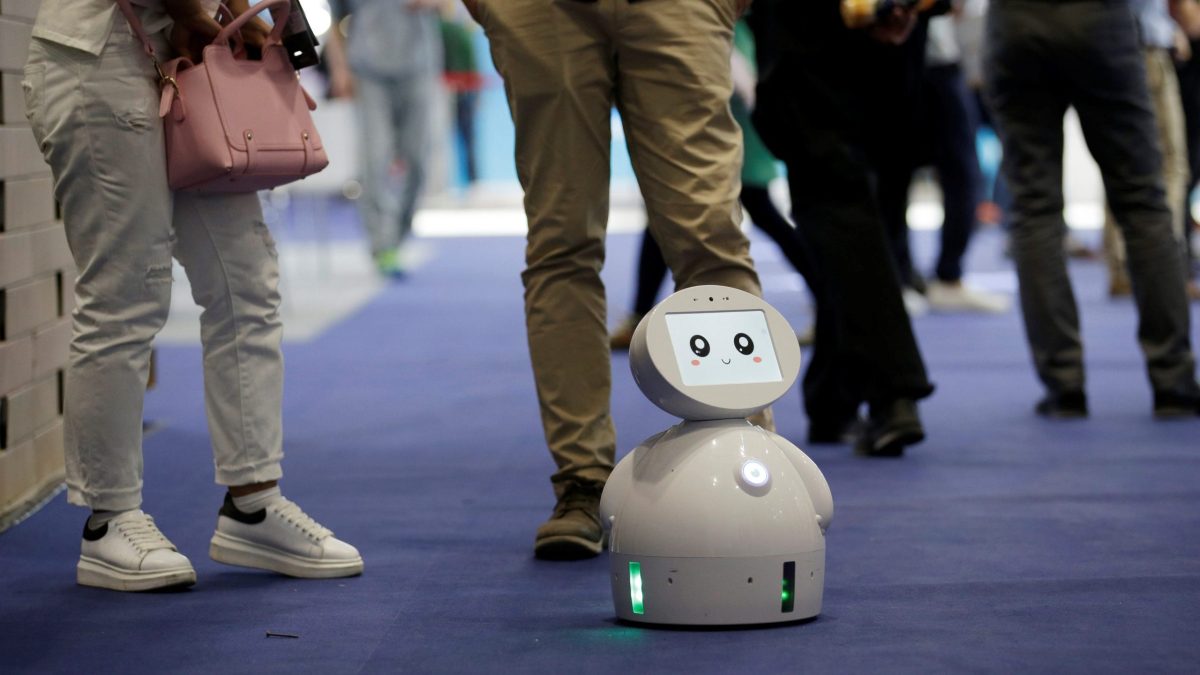(ATF) China has told its 1.4 billion population to buckle up and get ready for a dynamic digital future as it spends trillions of yuan to build a new high-tech smart infrastructure grid.
China’s so-called “third industrial wave” will be more individualised, entrepreneurial – and people will need to adapt to it now, the nation’s top leadership said.
Huang Qifan, deputy chairman of the China International Economic Exchange Center and deputy director of the Twelfth National People’s Congress Finance and Economic Committee, said at the 2020 Caixin Summer Summit on June 22 that the new infrastructure will promote the industrialisation of the digital economy and form a multi-trillion yuan self-contained digital platform.
More importantly, the “five-in-one” infrastructure – big data, cloud computing, artificial intelligence (AI), blockchain and networks, including the internet, mobile and the Internet of Things – will form an organic system of digital platforms. All will be backed by 5G and become a similar intelligent life form to humans, Huang said.
Even Chinese President Xi Jinping is in on the act with his newly adapted “cloud diplomacy” in reaction to the coronavirus and communicating with other world leaders via the internet.
Coronavirus effect
As coronavirus continues to trouble China, living in new virtual techno world online is becoming more of a reality in China every day.
The message seems to be getting through. In a recent poll, 60% of new graduates said they planned to buy property before reaching 35 and 70% of them professed they would be happy share-purchase; because they expect most work to be located in a virtual reality (VR) cloud, physical space will not be a priority for them.
According to calculations by the Ministry of Industry and Information Technology, China’s IT industry in 2018 included electronic information manufacturing, telecommunications, software and information technology services, the internet industry was valued at 6.4tn yuan, accounting for 7.1% of GDP of 7.1%. In the 2020-2025 period, however, China’s commercial use of digital infrastructure will directly drive economic output of 10.6tn yuan and directly create economic added value of 3.3tn yuan. There will be 5-6 million 5G base stations, each costing 200,000 yuan, taking investment to more than 1tn yuan.
Data processing
Another example of the sector’s growth is the proliferation of data processing centres around the country. Last year, there were 180 large-scale facilities – containing more than 100,000 servers – under construction around the world, equal to 18 million servers. China alone will add 10 million servers in the next five years, and their construction in conjunction with support and power facilities will cost at least another 1tn yuan.
The Internet of Things is expected expand to 3-5 billion nodes at an investment in excess of 2tn yuan. Implementing AI and blockchain will also cost trillions of yuan.
“If you compare this digital platform with humans, the internet, mobile and IOT are like the human nervous system,” Huang was quoted as saying in Sina Finance.
In his anthropo-anatomic analogy, Huang said one function of the new digital economy cannot exist without the other.
“Big data is like the internal organs, skin and organs in the human body, cloud computing is equivalent to the backbone of the human body. Coupled with AI equivalent to the soul, the human brain and nerve ending systems are basically formed on the platform of the cloud.”
Describing blockchain as “a stronger driving force” for the economy, Huang said that the economy would be “subversively transformed” by the technology.
























